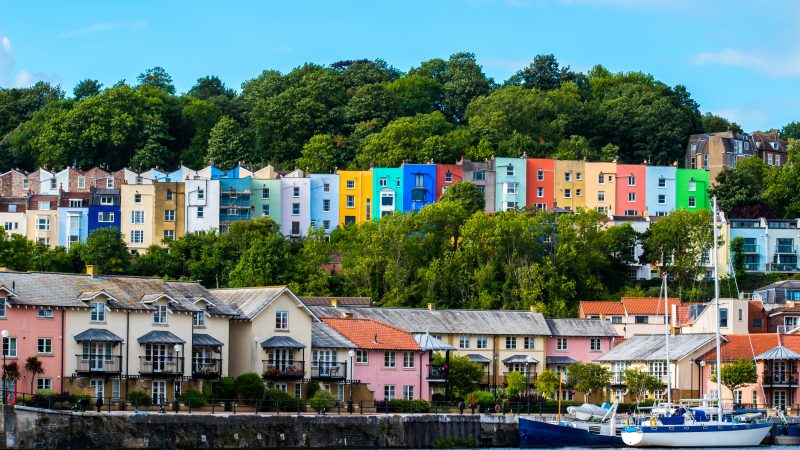
The Green Party has become the largest party on Bristol City Council, following a narrow by-election victory. Green candidate Patrick McAllister was elected to represent Hotwells and Harbourside ward, taking the seat from the Lib Dems by just 26 votes. The Labour candidate came in a distant third, with the party seeing a 13.1 percentage-point fall in its vote share. The Greens now hold 25 seats on the council to Labour’s 24, though Labour will maintain political power in Bristol as the city has a directly-elected mayor in Marvin Rees. But the shifting political balance in the city opens up interesting questions for future elections. The next set of local elections will be held in May 2024, and, with the city having voted to scrap the role of mayor at the end of Rees’ term and return to a committee system, Labour will have a real fight on its hands to maintain control.
At a national level, the by-election win means the Greens hold 17 of the 20 council seats in Bristol West constituency, which is currently represented by Labour’s Thangam Debbonaire. The Green candidate for the seat is the party’s co-leader Carla Denyer, who told The Guardian this week that she thinks recent election results show Bristol is “ready to give Greens power” and that there’s a “change of the guard in the air”. Proposed boundary changes are expected to see Bristol West be renamed Bristol Central and shrink in area, remaining largely the same as the current constituency but losing some traditionally Labour areas.
Debbonaire’s current majority is a healthy 28,219 votes, but it has fluctuated significantly during her time as MP. The constituency was represented by the Lib Dems between 2005 and 2015, when Debbonaire took the seat by 5,673 votes. Her majority shot up to 37,336 in 2017, before falling to its current level two years later, in an election which saw the Greens almost double their vote share. So the seat has a far more changeable recent political history than Labour’s current majority would suggest. A tough ask, still, to overturn a 28,000-vote majority, but it is clear that the Bristol Greens – who have already changed their Twitter profile to “Bristol’s biggest party” – are rapidly growing in confidence.
In other news, the TUC has released research that concluded that the UK economy has missed out on £400bn of growth since the Tories came to power in 2010, with public spending cuts and policies favouring wealth accumulation creating what the union body called an economic “doom loop”. According to the TUC, instead of recognising spending cuts as a cause of weak growth, Conservative governments have “doubled down” on cuts to departmental budgets and the real pay of public sector workers. It warned that the “doom loop” is “set to keep turning” given the current government’s stance on public sector pay and departmental budget cuts and its refusal to consider wealth taxes.
Sign up to LabourList’s morning email for everything Labour, every weekday morning.



More from LabourList
‘Labour must confront the crisis of first past the post before it’s too late’
Unite to debate affiliation with Labour Party at conference next year
Miliband tops LabourList Cabinet league table, with gender divide in PM approval